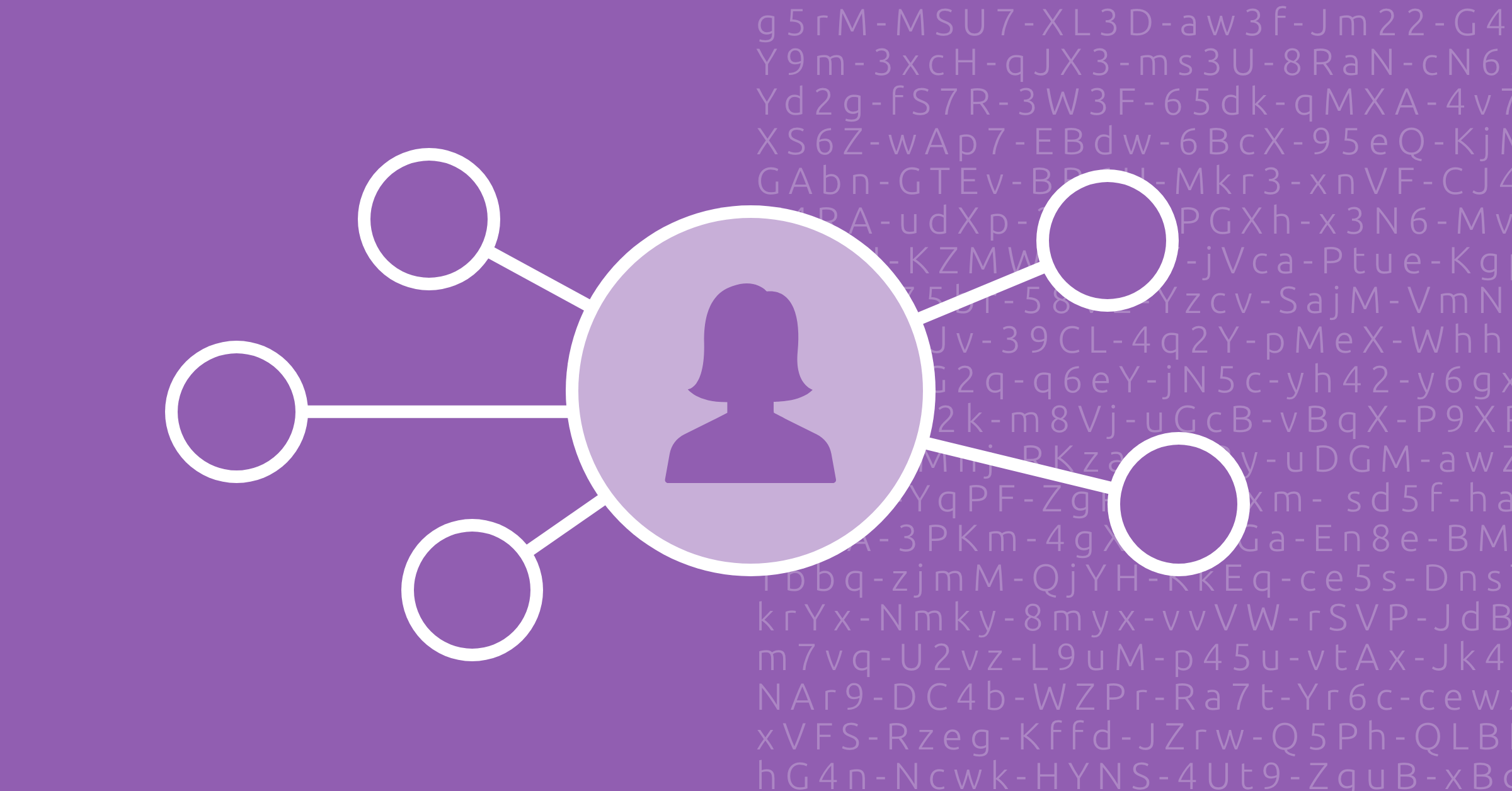Written by Emery Niemiec
I recently attended the 2022 INFORMS Business Analytics Conference and had the pleasure to speak alongside life sciences companies who are using novel technologies to tackle pressing healthcare challenges. Many thanks to James Mansfield from DataPrime Federal for the invitation to participate.
With over 12,500 members from around the globe, INFORMS is the leading international association for professionals in operations research, analytics, artificial intelligence, data science, and other relevant fields. The 2022 INFORMS Business analytics conference brought together leading organizations to discuss how data science and analytics enable data-driven decisions, and to highlight the myriad ways that decision sciences save lives, improve outcomes, and solve problems every day.
With the urgency that COVID-19 placed on evidence generation critical to regulatory-grade decision making, research and development turned to real-world data (RWD) and novel technologies for science that needed to be processed in near real time. While RWD unlocks huge potential for research and development, intertwined challenges around interoperability, privacy, and patient linking pose a multitude of challenges for evidence generation. HealthVerity’s IPGE (Identity, Privacy, Governance, and Data Exchange) Platform is reducing these complexities with broad scale, high-quality data that is ready to use from day one.
1. Patient Identity Resolution
HealthVerity’s game-changing patient identity resolution technology activates data isolated in silos across the enterprise through highly sophisticated patient matching and de-identification technology. The proven, industry-leading solution leverages probabilistic matching to unite disparate patient records with a level of accuracy that is 10x better than legacy solutions.
The technology removes and replaces all protected health information with one-way cryptographic hashed identifiers in compliance with HIPAA. These identifiers allow HealthVerity to accurately create a unique but persistent identifier (HVID) for a patient across multiple data streams with the highest degree of integrity. Overall performance of the HealthVerity patient identity resolution process significantly outperforms traditional methods of deterministic matching. In testing and in real-world use cases, the HealthVerity approach results in approximately 0.2% false positive (FP) rates and 2%-4% false negative (FN) rates, versus 1-3% FP and 7-30% FN for comparable deterministic methods.
2. Data Enhancement
As a result of HealthVerity’s patient identity resolution technology, HealthVerity has created the nation’s largest interoperable RWD data ecosystem that can connect and enhance disparate data assets. HealthVerity currently ingests, organizes, and provides access to large-scale, patient-longitudinal healthcare and consumer data from over 75 data partners, covering over 150 billion transactions on over 330 million people, enabling clients to link patient data across the widest range of top tier data providers in a fully interoperable, privacy-protecting manner. HealthVerity’s data partners include medical claims, pharmacy claims, EMR data, hospital or chargemaster data, lab data and social determinants of health data. HealthVerity’s data ecosystem has a history of supporting a variety of use cases such as, public health surveillance, Health Economics and Outcomes Research (HEOR), epidemiological analyses, and research and development.
3. HIPAA Compliance
The patient identity resolution technology is installed behind our customers’ firewalls which is where the original de-identification takes place, meaning Personally Identifiable Information (PII) is never leaving the customer’s environment and HealthVerity never has access to identifiable information. By hosting over 75 data sources, HealthVerity has established the gold standard in consistent data models and normalization ensuring all combinations of data are HIPAA-compliant. As such, data licensed through HealthVerity, including any combination of medical claims, pharmacy data, lab data, EMR and beyond, falls under our standard certification.
4. Flexible and Broad Licensing Model
HealthVerity’s marketplace model allows the licensing of data cohorts that are specific to our customers’ use cases. We work with customers to understand complexities such as inclusion and exclusion criteria, timing parameters, etc., ensuring data delivery is refined to just the cohort of interest. HealthVerity thus eliminates tedious slicing and dicing of data for privacy purposes. Additionally, through our patient identity resolution technology, we take care of the linkage so all relevant data is connected at the patient level despite that data coming from multiple third party vendors, allowing patient-centric data delivery.
By managing patient identity and privacy and providing access to the nation’s largest RWD ecosystem with flexible licensing options, HealthVerity is removing the complexities that have historically been associated with real-world evidence generation. HealthVerity IPGE technology provides analytic organizations and data scientists with ready to use, high-quality data that is both fit for purpose and allows for flexibility as priorities evolve.





